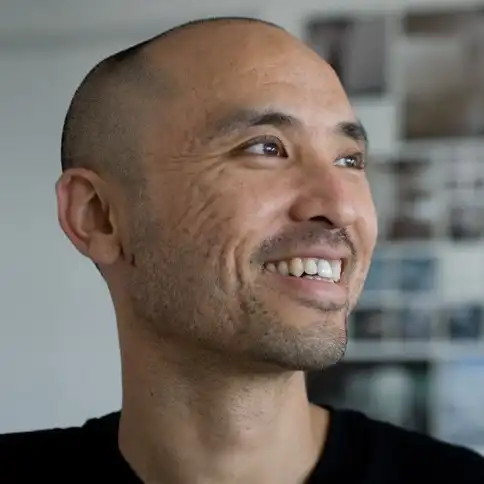What is Design Thinking?
Design Thinking is a human-centered approach to innovation, encompassing a mindset and methodology used to solve complex problems. It draws from the designer's toolkit to integrate the needs of people, the possibilities of technology, and the requirements for business success. The big picture surrounding Design Thinking is its potential to foster innovation and creativity in the problem-solving process. By prioritizing empathy, it shifts the focus from the object of design to the end user's experience, thereby enhancing products, services, and processes.
Key Takeaways
- Design Thinking is a user-centric approach aiming to solve complex challenges.
- It is grounded in empathy, ideation, and iterative prototyping.
- Design Thinking encourages collaboration across disciplines and breaks down silos within organizations.
- This approach enhances innovation by focusing on user experience and needs.
The Five Phases of Design Thinking
The Design Thinking process typically consists of five phases: Empathize, Define, Ideate, Prototype, and Test. These phases are not strictly linear and often overlap, encouraging flexibility and iteration. The Empathize phase involves understanding the user experience and vulnerabilities through observation and interviews. Define focuses on synthesizing the information collected during Empathize to pinpoint the core problem. Ideate is where brainstorming and creative solutions are born, while Prototype involves developing tangible representations for select ideas. Testing revolves around refining prototypes and solutions based on user feedback, guiding iterative improvements.
The Impact on Business and Innovation
Design Thinking has revolutionized how businesses approach innovation, enabling them to stay competitive in rapidly evolving markets. By embedding a culture of iteration and experimentation, organizations are better positioned to anticipate and act on consumer needs, fostering customer loyalty and engagement. Firms implementing Design Thinking can produce solutions that resonate deeply with consumers by creating seamless and intuitive user experiences, thereby gaining a strategic advantage over competitors.
Applications Across Industries
While rooted in design, Design Thinking’s application transcends industries. In technology-driven sectors, it is pivotal in product development and user-experience design. In healthcare, it leads to enhanced patient pathways and service solutions. In the public sector, it can streamline processes and optimize policy implementation. Marketing and branding initiatives leverage Design Thinking to craft compelling narratives and build robust brand identities. As such, Design Thinking is a versatile framework that adaptive organizations across various industries use in their pursuit of human-centric solutions.
The Bottom Line
Design Thinking is important because it democratizes innovation by centering creativity and empathy around human needs and experiences. For companies and professionals in the marketing and design spaces, adopting Design Thinking methodologies can lead to more impactful products and services, fostering a deeper connection with target audiences. Whether you're a startup looking to innovate or a marketing professional seeking to understand user needs better, incorporating Design Thinking into your strategy can be a vital component for crafting solutions that truly resonate.














